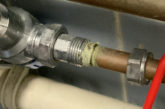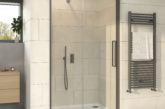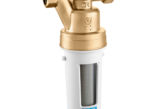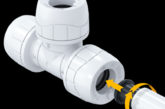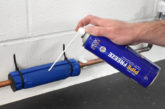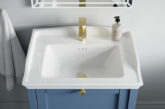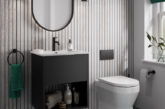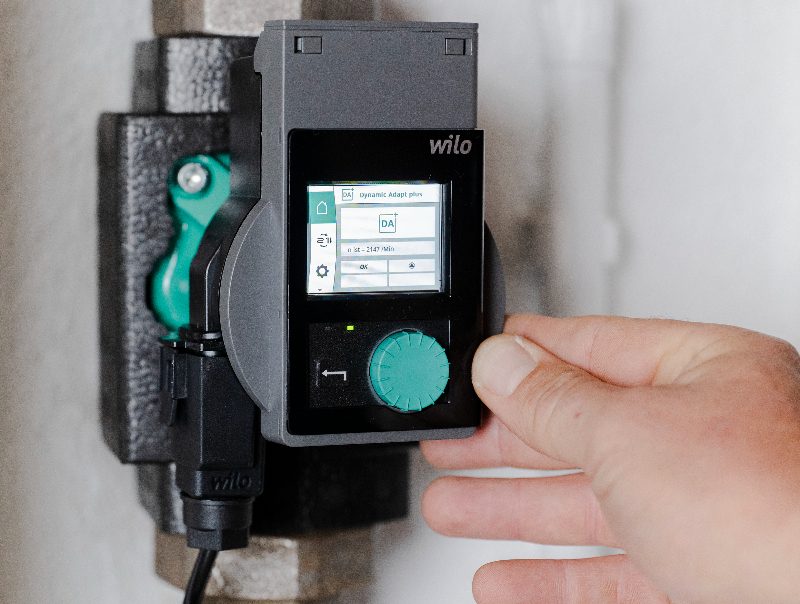
The collective drive towards net zero and carbon neutrality in the home is one that holds a long road ahead. David Williamson, Sales & Marketing Director at Wilo, outlines the accompanied challenges that plumbing and heating installers can overcome by recognising the potential held by smart pumps.
Everybody, in some way or another, is aware of the term ‘Net Zero’. The number of people who know exactly what it means or, perhaps more importantly, how to achieve it, provides a different answer – and this is an ongoing challenge faced by heating and plumbing installers. Despite recent pushbacks, however, the Government’s ‘Build Back Greener’ Net Zero strategy has lit the flame for many installers looking to play their part in creating a sustainable future.
Figures published by Catapult Energy Systems state that heating accounts for around 37% of total UK carbon emissions, with 13-14% of the total number attributed to space heating in domestic homes. Despite these eye-opening revelations, low market demand for sustainable solutions, in addition to difficulties in accessing funding from government incentives, only makes it harder for installers to establish an argument for further training in new technologies.
Homeowners rightly place their trust in the expertise of installers to recommend the most suitable plumbing and heating solutions. This, consequently, makes their role in pushing for sustainable counterparts essential in the collective drive to decarbonising homes throughout the country.
Government (re)incentivisation
First and foremost, it’s understandable why recent government announcements might discourage installers from joining the Net Zero effort. The bigger picture, however, is quite the opposite. Owing to both significant installation costs and the lack of installers available to perform the job, many homeowners remain unprepared or are simply unable, due to the unsuitability of their house, to take the step to low carbon heating technology like air source heat pumps. This further illustrates the need for a national retrofit strategy, to ensure that homes throughout the country are compatible to upgrade their heating and plumbing systems in order to improve the UK’s energy security.
Despite the initial and understandable concerns attached to the government’s decision to delay the deadline of the gas boiler ban until 2035, the range of schemes and incentives on offer should likely aid the drive-in demand for cleaner alternatives. The Boiler Upgrade Scheme, for instance, is designed to support homeowners in England and Wales to make the switch by issuing cash grants of up to £7,500 to replace their old fossil-fuel driven boiler. In a move to show their determination towards achieving Net Zero, the government recently boosted the original maximum offer of £5,000.
A fundamental step towards eliminating the barrier of installation costs, the issue of an insufficient number of prepared installers remains prominent. While the Boiler Upgrade Scheme is a significant opportunity to driving decarbonisation, the requirement of a quote from an MCS accredited installer – of which there are around only 1,500 as of this spring – undoubtedly makes it harder for homeowners, if suitable, to make the jump to efficient heating.
It’s clear that the existing skills gap among heating and plumbing and installers must be eliminated, requiring the government to work with the industry to provide further support. The Heat Training Grant for heat pumps is a positive, yet small, step to incentivise installers looking to up their skillsets through the grant of £500 toward training costs.
Installers will play a pivotal role in overcoming the metaphorical hurdles to achieving Net Zero, but we’d like to see further government assistance to simultaneously reinforce the industry and achieve their own ambitious yearly heat pump installation target of 600,000 by 2028, in addition to the aim of a 78% emissions reduction by 2035. We can start by increasing the number of installers and providing additional incentives to upskill our installers.
Smart solutions
In years gone by, many homeowners were unaware of the energy performance of products, appliances and components installed throughout their home – this is changing. Installers are beginning to see a new attitude from their customers looking to understand the energy, and subsequent cost, savings amid the backdrop of soaring bills.
Just as homeowners are more conscious than ever about energy consumption, they’re also more able to access the relevant information around smart meters or energy rating labels, for example, than ever before. Such information presented to inquisitive customers should help them to make the smart and sustainable decision.
At Wilo, we recognise the plethora of emerging challenges associated with the feared phrase of ‘Net Zero’, and that’s why our pumps are built to help homeowners fully understand the performance of their plumbing and heating systems. The Stratos-PICO, for example, is built to dynamically adapt to how the heating system is used to optimise efficiency throughout the home.
A sustainable future
So far, the positive inroads taken towards decarbonisation should be commended. The growing market demand for sustainable heating systems, facilitated by recently enhanced government incentives and the growing number of skilled installers, shows that we’re on the right path to reducing carbon emissions in the home, which are currently reliable for 35% of total energy usage in the UK.
Through the installation of smarter circulator pumps like the Stratos-PICO, accompanied by continuous training, we can speed up the drive toward Net Zero by ensuring that sustainability remains at the forefront of an installer’s mind when advising homeowners. By continuing to grow awareness throughout households, the collective effort of maximising energy efficiency while minimising carbon footprint will only grow in support.



